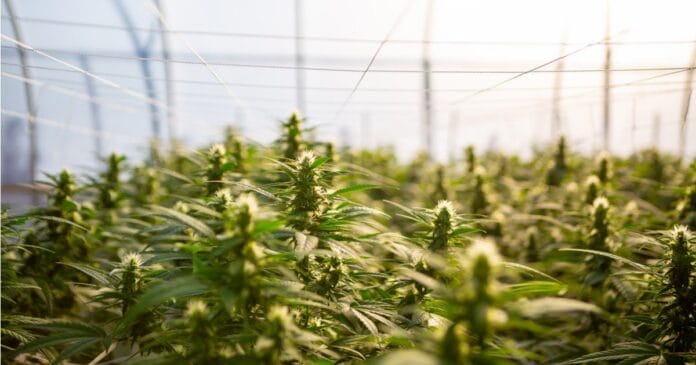With a stroke of a pen, Italy’s hemp sector has been thrown into turmoil and its future looks anything but certain.
Last week, the Italy’s Council of Ministers signed off a Legislative Decree prohibiting flowering cannabis, regardless of its THC (tetrahydrocannabinol) content. Previous attempts to get related legislation over the line had stalled, so this Decree gets around the stalemate for now.
Italy’s hemp sector, which has been fending off such a situation for some time, was shell-shocked by the news.
Imprenditori Canapa Italia (ICI) is a trade association advocating for the country’s industrial hemp sector.
“This rule has nothing to do with national security. It is an ideological, punitive and irresponsible choice, which exposes Italy to ridicule on the international level, undermines the principle of fair competition, violates European law and paves the way for million-dollar lawsuits and a probable infringement procedure,” said ICI (translated).
The organisation says the decree will result in the forced closure of more than 3,000 companies and the dismissal of 30,000 people employed in the sector.
“… the Government has decided to transform thousands of honest entrepreneurs into criminals, guilty only of having exercised a legal profession, paid taxes regularly and created jobs.”
The decree is a temporary measure – it must be made law within 60 days by Italy’s Parliament in order to stick. The country’s hemp associations are preparing urgent legal actions, including appeals. These involve among other things highlighting claimed breaches of the Treaty on the Functioning of the European Union (TFEU) that protects the free movement of goods.
Additionally, last year the EU’s Court of Justice ruled Member States can’t impose restrictions on the cultivation of industrial hemp unless there is concrete scientific evidence demonstrating risks to public health. In February this year, the European Parliament accepted a petition spearheaded by various associations calling for an investigation into the proposed legislation restricting hemp.
It’s estimated Italy’s hemp sector is worth around 2 billion euros annually and more than 4 thousand hectares are currently under cultivation, along with indoor cultivation activity.
In 2016, Italy removed a requirement for authorization to grow certified hemp with levels of THC below 0.2%.
“In nine years, the industrial hemp supply chain has never created any problems of public health, road safety or social order, precisely because it is based on certified varieties that are not narcotic,” says ICI.


